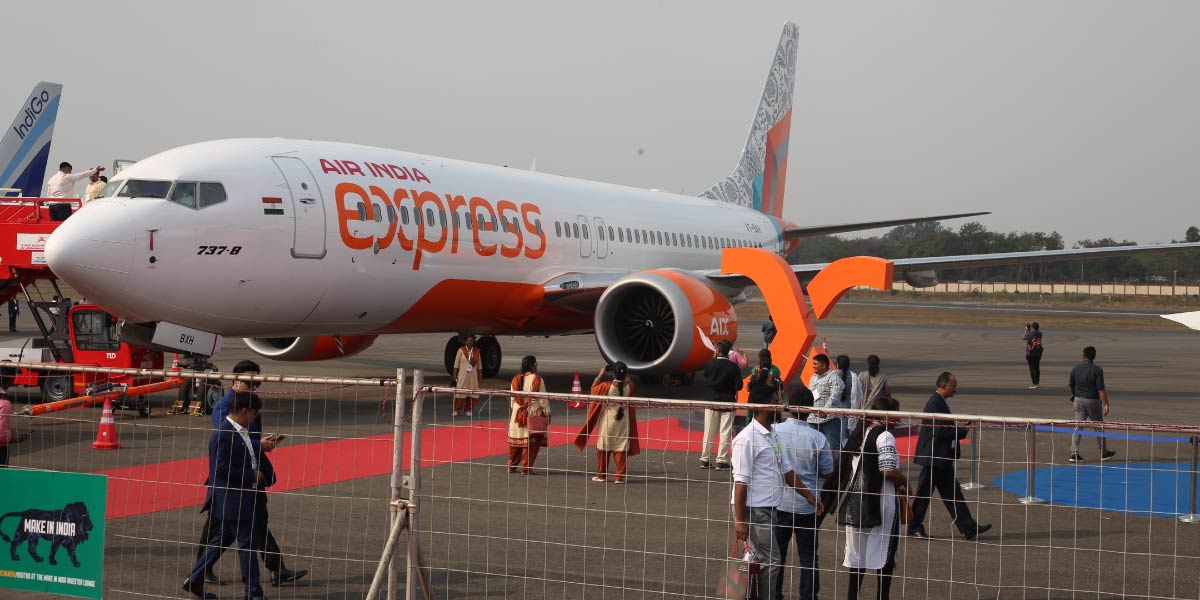About This Vlog
At an all-time high in the modern digital era, online travel management is underway to influence how the traveler and the organization plan and experience their journey.
The digital travel platforms offer unmatched convenience and control by facilitating booking, coordination of the itinerary, and expense tracking.
This comprehensive article explores each aspect of modern digital travel solutions, providing data-based insights and best practices to ensure excellent travel management.
Evolution Of Digital Travel
Before the advent of online travel, the system of booking journeys used to take so much time; people used either an agent in the agency to prepare their tickets or a phone call that lasted for hours; yet, even with all this trouble, it was sometimes impossible to get the best price.
Since travel agencies entered the arena, that has changed. With the introduction of online portals, which gained access into the traveler’s hands, real-time information became available about the look and availability of flights, as well as hotels and price comparisons.
Historical data shows that digital tolls have reduced booking times and administrative tasks dramatically. Today, one of the key drivers of this revolution is online travel management.
Key Components Of Modern Travel Platforms
Modern travel platforms are built on integrated systems that simplify the entire journey. A few essential components include:
- Booking Engines: These systems compile data from airlines, hotels, and rental services to provide real-time comparisons and seamless booking options.
- Itinerary Coordination: Consolidated schedules combine flight details, hotel confirmations, and local transit information in one intuitive interface.
- Expense Tracking: Automated tools capture receipts and manage expenses, reducing the burden of manual reporting.
One innovative element fueling these systems is advanced travel management software that automates routine tasks, ensuring a smoother experience.
Benefits Of Digital Travel Solutions
Digital travel platforms offer a range of benefits that have redefined modern travel:
- Cost Efficiency: Users can compare prices across multiple vendors and secure competitive rates with just a few clicks.
- Time Savings: Real-time updates and online booking help to avoid long waits, therefore enabling guests to rapidly finalize their plans.
- Improved Transparency: Comprehensive analytics and detailed reports help to clearly understand every element of a journey, thus supporting improved decision-making.
The simplified procedures offered by efficient digital systems help to ensure general travel success and show that both people and businesses depend on a strong solution like online travel management.
Facts And Statistics Driving The Revolution
Recent industry analysis highlights the influence of digital travel solutions:
- Forecasts for the compound annual growth rate of 7–10% over the next few years have helped the global online travel market to reach several hundred billion dollars.
- Emphasizing the need for mobile-first design, over 60% of tourists now book trips using cell phones.
- Automating expense tracking has been shown to reduce administrative costs by up to 20%.
The shift to digital solutions is both economical and essential to contemporary travel, as these figures demonstrate. Trends suggest that industry transformation is mostly driven by smart systems such as online travel management.
Overcoming Travel Challenges Digital
Although digital travel management has numerous advantages, there are difficulties accompanying the change:
- Data Security: Providers of sensitive personal and financial data retained online have to employ strong encryption and multi-factor authentication to guard user information.
- Integration Complexities: Merging modern tools with outdated legacy systems often requires sophisticated APIs and adaptable architectures.
- User Adoption: Some travelers remain hesitant to adopt new technologies, necessitating comprehensive training and clear communication of benefits.


